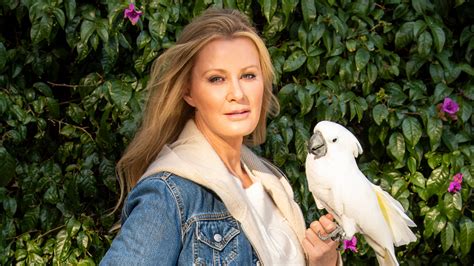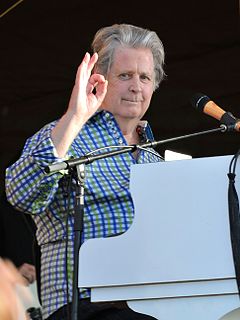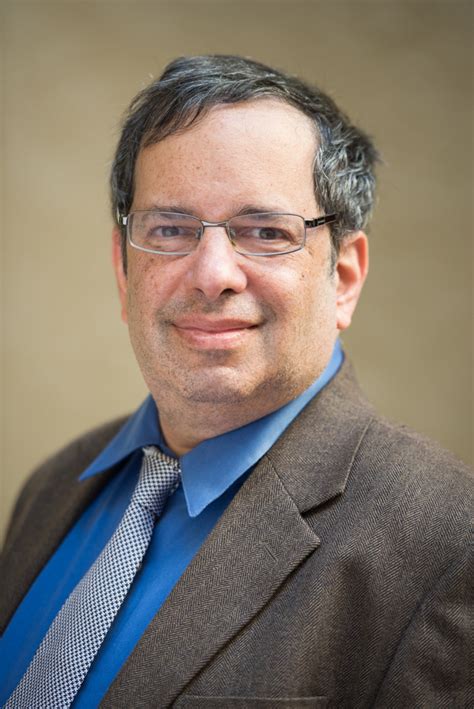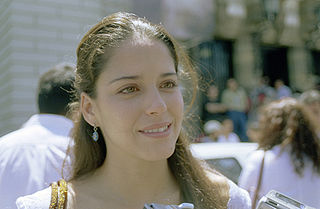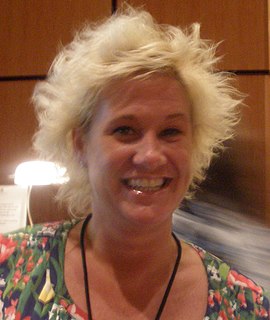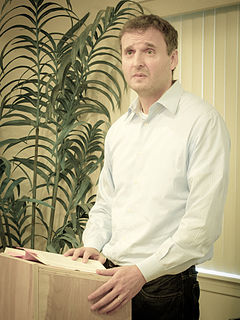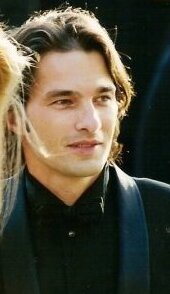A Quote by Sandra Lee
Nobody makes bouillabaisse from scratch. It's all a bunch of malarkey. Even the restaurants buy a commercial-grade product. I had a very famous chef tell me that.
Related Quotes
I'll basically eat anything that a chef puts in front of me. One of the reasons is respect for the chef. I watch chefs eat at other chefs' restaurants, and they're very aware not to leave anything over because the chef is watching very closely. It's a very sincere interaction when two chefs are cooking for one another.
I almost flunked first grade and also the second, third, forth, and fifth; but my younger brother was in the grade behind me and he was a brain and nobody wanted to have me be in the same grade as him, so they kept passing me. I never learned how to spell, graduated from eighth grade counting on my fingers to do simple addition, and in general was not a resounding academic success.
Instead of creating aesthetically pleasing prose, you have to dig into a product or service, uncover the reasons why consumers would want to buy the product, and present those sales arguments in copy that is read, understood, and reacted to—copy that makes the arguments so convincingly the customer can’t help but want to buy the product being advertised.
We have very professional, amazing chefs that are contestants. Most of them have their own restaurants and are settled, recognized chefs in Mexico. That gives the show [Top Chef] a different level completely; the gastronomic level is very high. It makes it all more interesting and the competition is just harder and harder.
